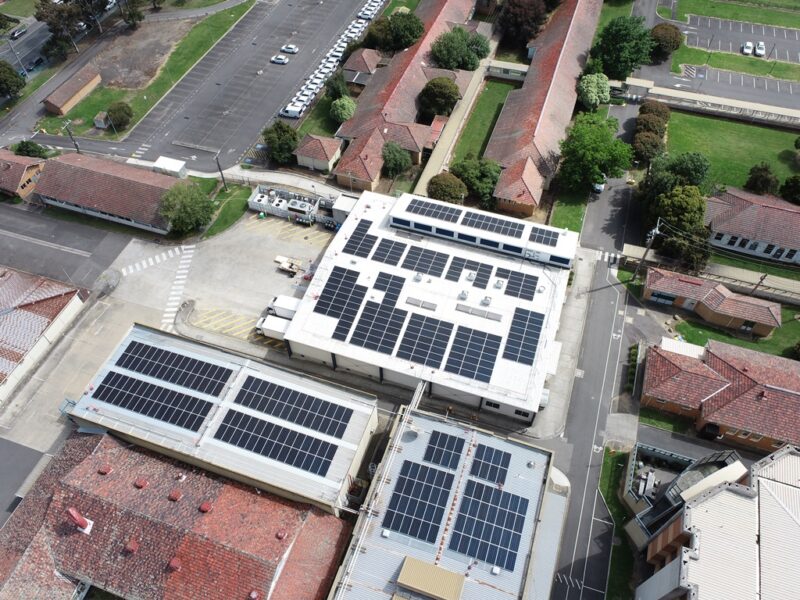What is the Best Solar System for Commercial Use?
The best solar system for commercial use is one that combines high-efficiency solar panels, durability, scalability, advanced monitoring capabilities, and financial viability.

Systems that utilize high-efficiency panels like Monocrystalline silicon, backed by strong warranties from reputable manufacturers such as SunPower and REC, stand out for their reliability and performance.
The optimal choice varies by business needs but prioritizes maximizing energy production, minimizing costs over time, and supporting sustainability goals.
Tailoring Commercial Solar Systems to specific energy consumption patterns, available installation space, and budget, while leveraging governmental incentives, ensures businesses can achieve significant energy savings and a favorable return on investment.
In the realm of renewable energy solutions, Commercial Solar Systems stand out for their accessibility and sustainability. Yet, businesses venturing into solar adoption often grapple with the question: “What is the best solar system for commercial use?”
This article aims to shed light on this query, guiding businesses towards making an informed decision that marries environmental responsibility with economic sensibility.
What Is the Best Solar System for Commercial Use?
When it comes to identifying what is the best solar system for commercial use, several key factors come into play.
The optimal system is not just about high energy output; it’s about how well the system aligns with a business’s specific needs, including its energy consumption patterns, available space for installation, and budget constraints.
Key Features of the Best Solar System for Commercial Use
- High Efficiency: The best systems boast high-efficiency solar panels capable of converting the maximum amount of sunlight into electricity, ensuring optimal energy production even in limited spaces.
- Durability and Reliability: Top-tier systems are designed to withstand environmental challenges, from harsh weather to physical wear, ensuring consistent performance over decades.
- Scalability: Flexibility to expand the system as the business grows is a hallmark of the best solar setups, allowing for incremental enhancements without complete overhauls.
- Advanced Monitoring and Control: Integrated smart technology for real-time monitoring and management of energy production and consumption ensures businesses can maximize their solar investment.
- Financial Viability: The ideal system offers a favorable return on investment (ROI), with low maintenance costs and eligibility for governmental incentives and rebates.
Why These Features Matter
Choosing to install Commercial Solar Systems ensures that businesses can not only reduce their carbon footprint but also achieve significant savings on energy costs over time.
The best solar system for commercial use is one that offers reliability and efficiency, tailored to the unique demands of the business landscape.
What Is the Best Solar System for Commercial Use? Making the Choice
Given the diverse needs of businesses, the “best” solar system can vary widely. However, systems that incorporate high-efficiency panels like Monocrystalline silicon, backed by robust warranties and supported by reputable manufacturers, often stand out.
Brands like SunPower and REC are renowned in Commercial Solar for their advanced technology and performance, making them solid choices for businesses seeking reliable solar solutions.
Tailoring the System to Your Business Needs
To truly understand what is the best solar system for commercial use for your specific context, consider conducting a detailed energy audit and consulting with solar energy experts.
These steps can help identify your exact energy requirements, the optimal system size, and the most suitable configurations for your premises.
Illuminating the Path to Renewable Energy
In answering “What is the best solar system for commercial use?”, it’s clear that the best system is one that aligns with your business’s operational needs, financial goals, and sustainability commitments.
By prioritizing efficiency, durability, scalability, and smart monitoring, businesses can leverage solar power to not only contribute to a greener planet but also enjoy enhanced energy independence and economic savings.
As the solar industry continues to evolve, staying informed and selecting a system that offers long-term value and performance will be key to harnessing the full potential of solar power.
 0407 888 531
0407 888 531